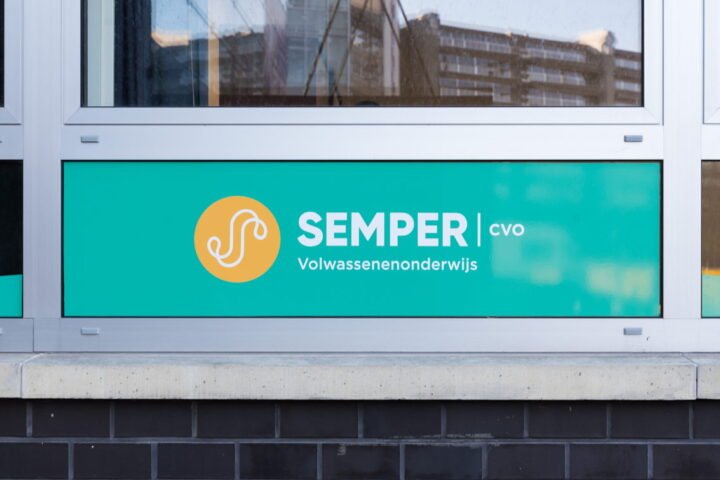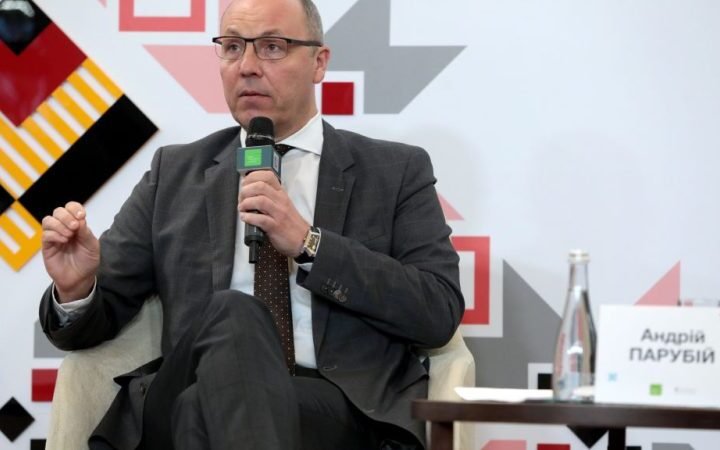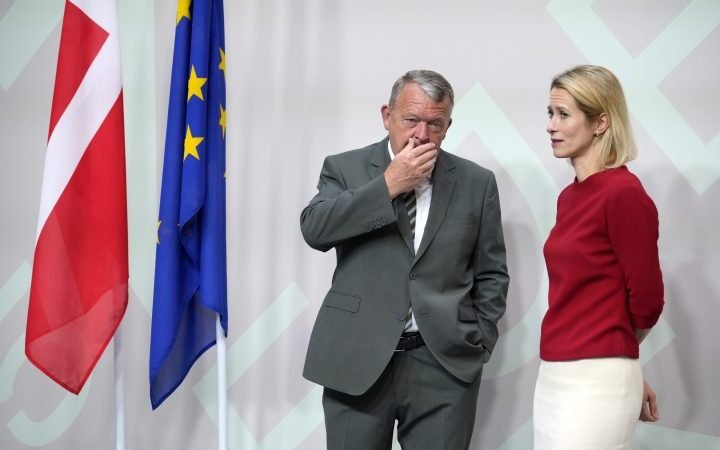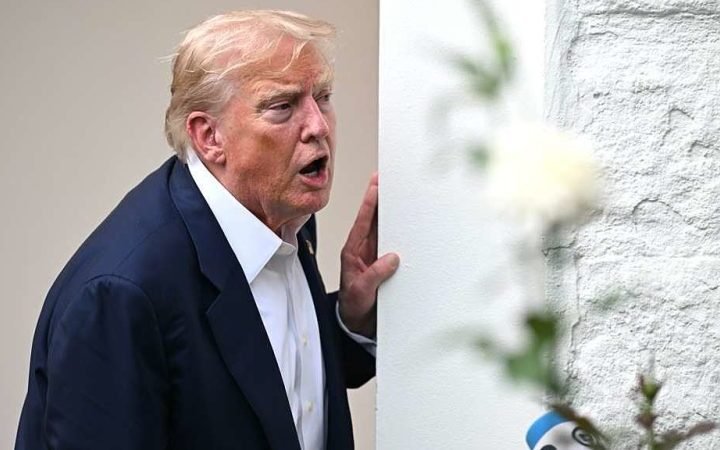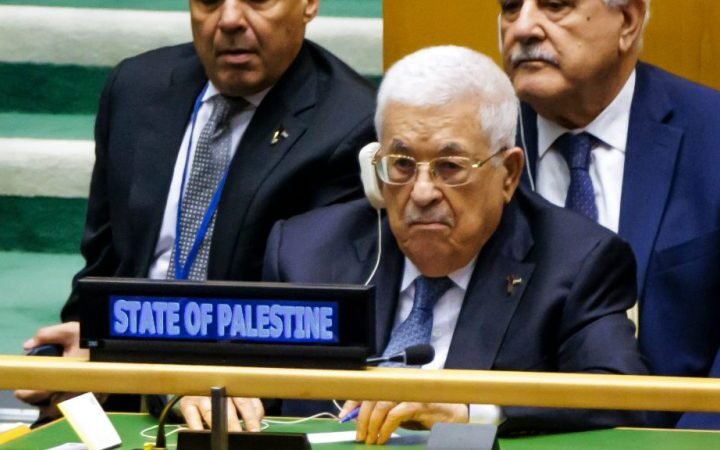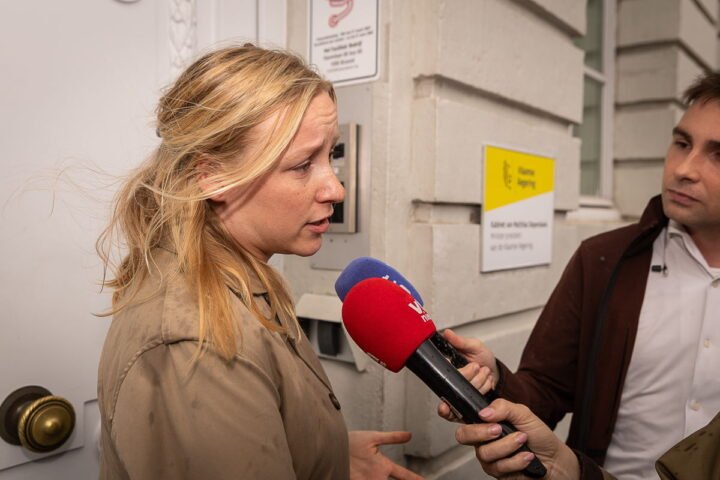Swedish Prime Minister Ulf Kristersson has called for the EU to freeze the trade element of its association agreement with Israel.
“The situation in Gaza is utterly deplorable, and Israel is not fulfilling its most basic obligations and agreed-upon commitments regarding humanitarian aid,” Kristersson stated on X. “Sweden therefore demands that the EU, as soon as possible, freezes the trade component of the association agreement. Economic pressure on Israel must increase. The Israeli government must allow unrestricted humanitarian aid in Gaza,” he added. The EU is Israel’s largest trading partner, making this demand significant.
The call for action aligns with recent remarks from Dutch Foreign Minister Caspar Veldkamp, who indicated that if Israel fails to meet its humanitarian obligations, the Netherlands would advocate for the suspension of the trade component of the EU-Israel Association Agreement. The agreement was established in 2000 to facilitate political dialogue and economic cooperation.
Human Rights Concerns
A European Commission report presented to member states in June cited Israel’s breach of human rights obligations outlined in the association agreement. The EU executive is currently assessing its response, considering various options including a ban on specific exports and modifications to visa policies.
Among the proposals is a more measured approach, which includes the partial suspension of Israel’s involvement in the Horizon Europe research program, potentially affecting startups focused on cybersecurity, drones, and AI.
Since the onset of hostilities in Gaza following the Hamas attack on October 7, 2023, EU member states have exhibited a divided stance towards Israel. Sweden made history in 2014 as the first major Western European nation to formally recognize the state of Palestine. Recently, France, along with 14 other Western countries, urged the recognition of Palestine as a state before the United Nations General Assembly this September.
In his statement, Kristersson also urged for heightened pressure on Hamas to secure the immediate and unconditional release of Israeli hostages currently held in Gaza. He expressed, “Sweden welcomes the fact that more countries in the Middle East are demanding that Hamas be disarmed and not have a role in the future governance of Gaza.”
This ongoing conflict and the EU’s response illustrate the complexities surrounding international relations, humanitarian obligations, and regional security dynamics, as EU leaders grapple with balancing trade, diplomatic relations, and humanitarian efforts, reports 24brussels.

